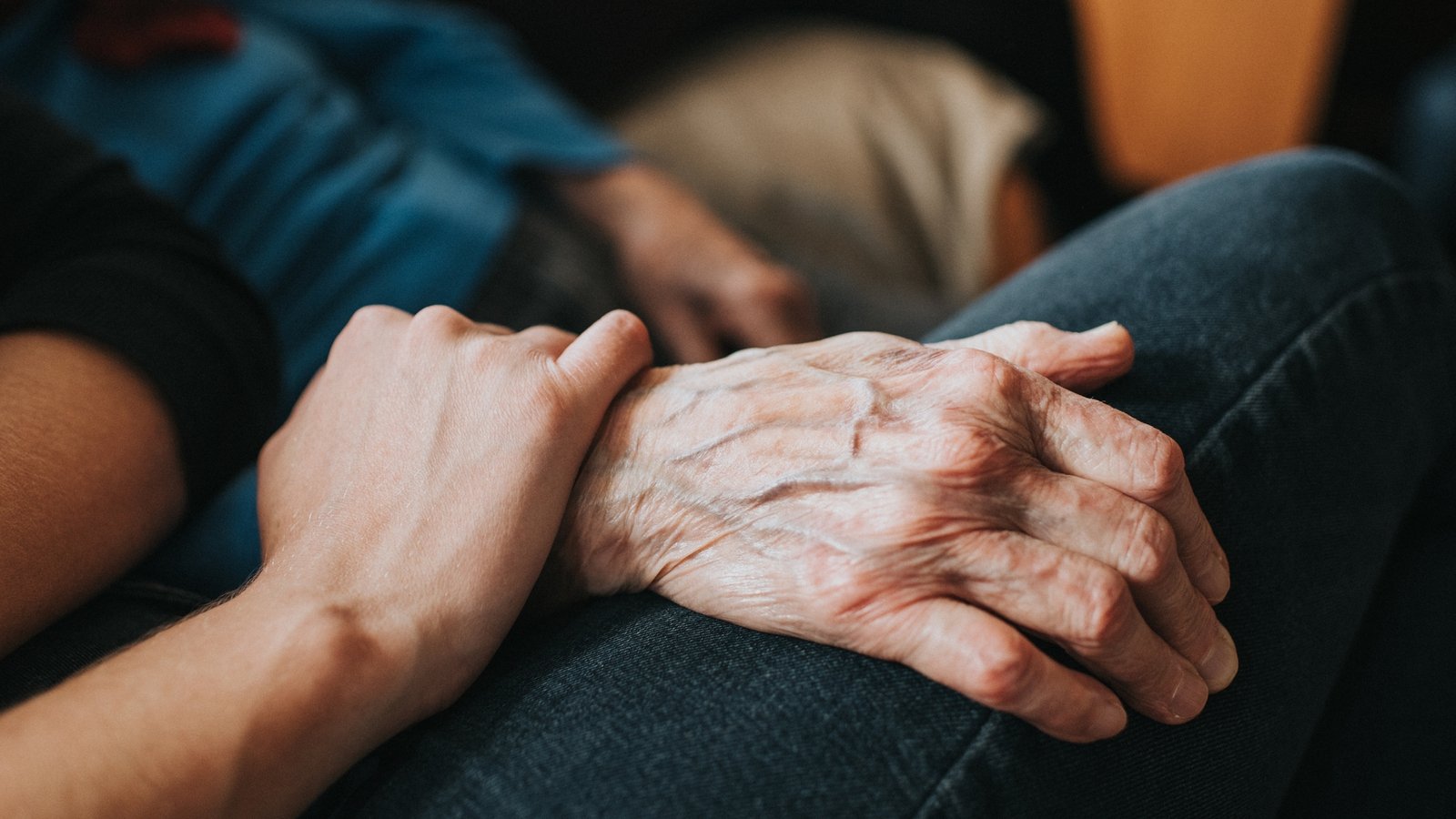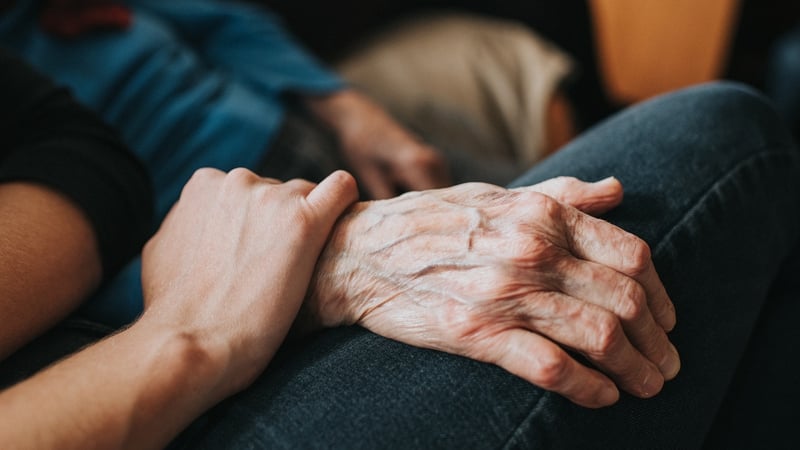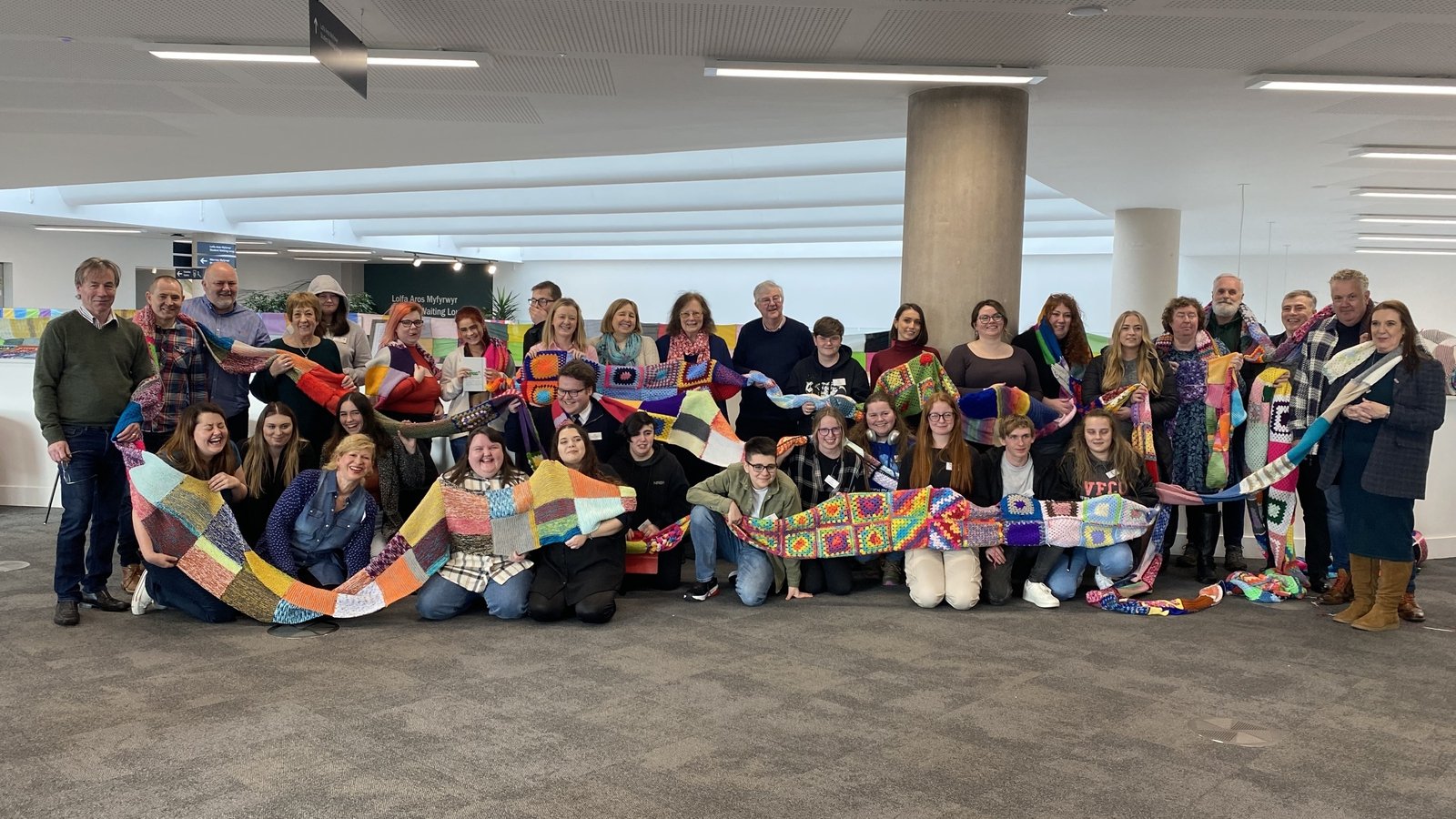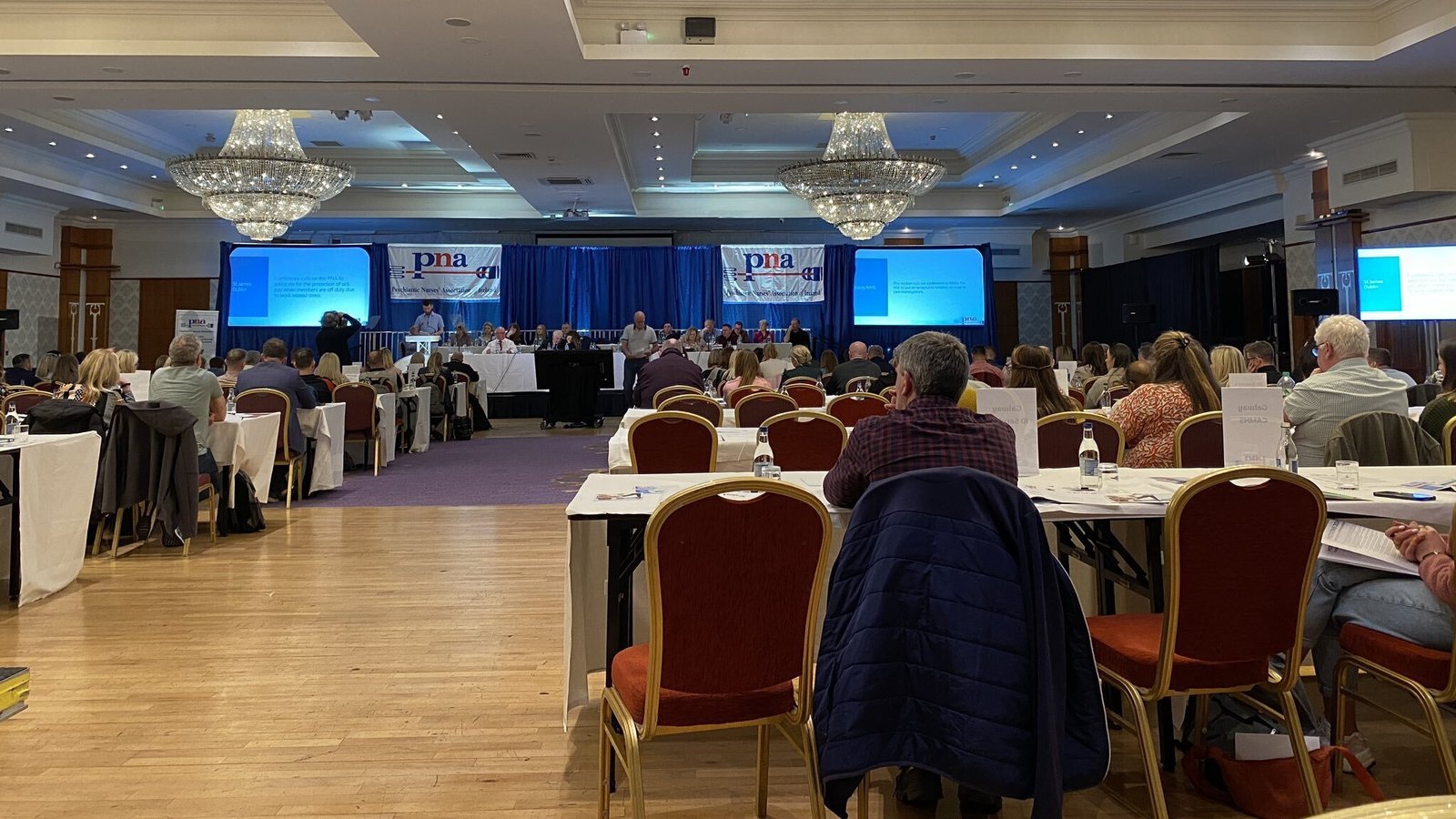Poorer Leaving Cert grades for young carers


New research shows that one quarter of 17-year-olds are engaged in regular caregiving for a family member.
However, they receive poorer Leaving Certificate grades and are less likely to go on to higher education.
If they do enter third level, they are also likely to pick an institution where they can continue to live at home.
The findings, published by the Economic and Social Research Institute (ESRI), draw upon data from the Growing Up in Ireland (GUI) longitudinal study, comparing young caregivers at 17 and 20 years of age.
The care involves parents, grandparents and siblings generally, not just those with an illness or disability.
In most cases, young people report that it does not take much of their time. Those looking after parents or grandparents spend more time on caregiving.
The research shows that, in terms of diversity, there is no marked difference by family background or gender, making it hard to target young carers using traditional measures such as welfare payments.
The ESRI estimates that more than 17,000 17-year-olds and 13,000 20-year-olds are involved in regular caregiving.
One quarter of 17-year-olds are engaged in regular caregiving. This falls to one fifth by the age of 20.
Over half of the young people provide care for multiple recipients.
The research found that more intensive care involvement is related to higher rates of obesity and poorer self-reported health.
Having a mother with depression is linked to poorer wellbeing among young adults, it added, regardless of whether the young people reported providing care to their mother or not.
Educational assistance sought for young carers
The ESRI said it is up to the policymakers to make decisions on how young carers, and their families, can be assisted to ease their responsibilities.
Dr Emer Smyth, of the ESRI, said that educational support are crucial.
She told RTÉ’s Morning Ireland that home school liasion officers could assist in targeting carers, adding that schemes such as the school completion programme are vital.
“We think the educational supports are crucial. We think things like school completion programme, the home school community liaison coordinator in schools could really help target young people who are struggling with care duties.
“We also think it’d be possible to take explicit account of carers as a group and looking at higher education access procedures,” Dr Smyth said
She added it is important that higher education access processes recognise young carers as a group because third level “provides a gateway to employment opportunities, to higher wages and so on”.





